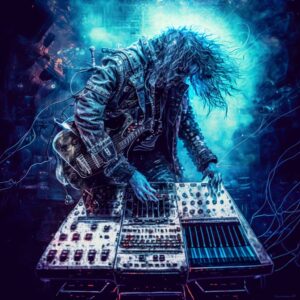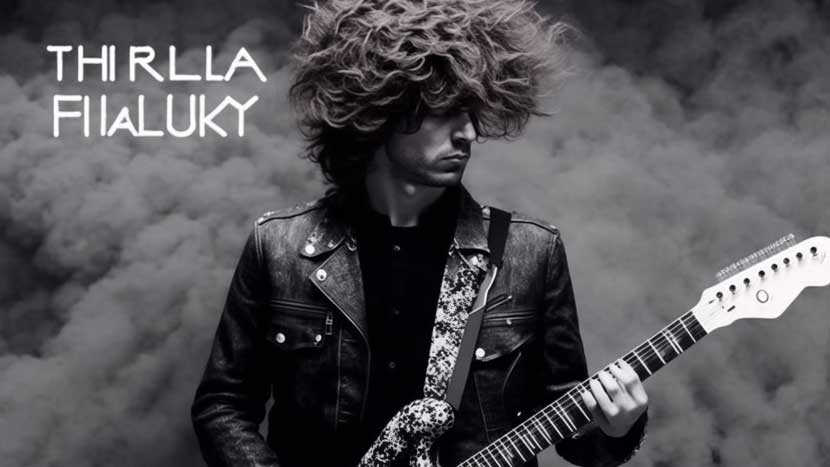It is unlikely that AI will fully replace musicians in the near future, as music creation involves not just technical skills, but also creativity, emotion, and expression. While AI and machine learning algorithms have advanced in recent years and are capable of creating music, they are still limited in their ability to replicate the nuanced and subjective aspects of human creativity and expression.
AI-generated music may be useful for certain applications, such as background music for videos, video games, or other media, but it is unlikely to replace the unique qualities of human music creation that result from cultural, social, and personal experiences, as well as the individual style, interpretation, and emotion that musicians bring to their performances.
Moreover, many people value the human connection that comes with music performance and appreciate the social and emotional aspects of attending live music events. Musicians also often use their music as a form of self-expression and connection to their audiences, which cannot be replicated by machines.
Therefore, while AI may become a useful tool for musicians in the future, it is unlikely that it will fully replace human musicians anytime soon.
There are several examples of AI-generated music. In recent years, researchers have developed algorithms that use machine learning to generate music in various genres and styles. Here are a few examples:
- AIVA: AIVA (Artificial Intelligence Virtual Artist) is an AI-powered music composing system that has been used to generate original compositions in a variety of genres, including classical, film scores, and pop music.
- Amper Music: Amper Music is an AI-driven music creation platform that allows users to generate custom music tracks for videos, games, and other media using a simple drag-and-drop interface.
- Flow Machines: Flow Machines is a music research project that uses machine learning algorithms to analyze and replicate the styles of different musicians. In 2016, the project released a song called “Daddy’s Car,” which was composed entirely by an AI system and performed by a human singer.
- OpenAI Jukebox: OpenAI Jukebox is an AI music generator developed by OpenAI that uses deep learning algorithms to generate music in various styles and genres. The system has been used to generate songs in the style of popular artists like Elvis Presley, Katy Perry, and The Beatles.
While the quality of AI-generated music is still debated, these examples show that AI has the potential to be a useful tool for music creation in the future.


0 Comments